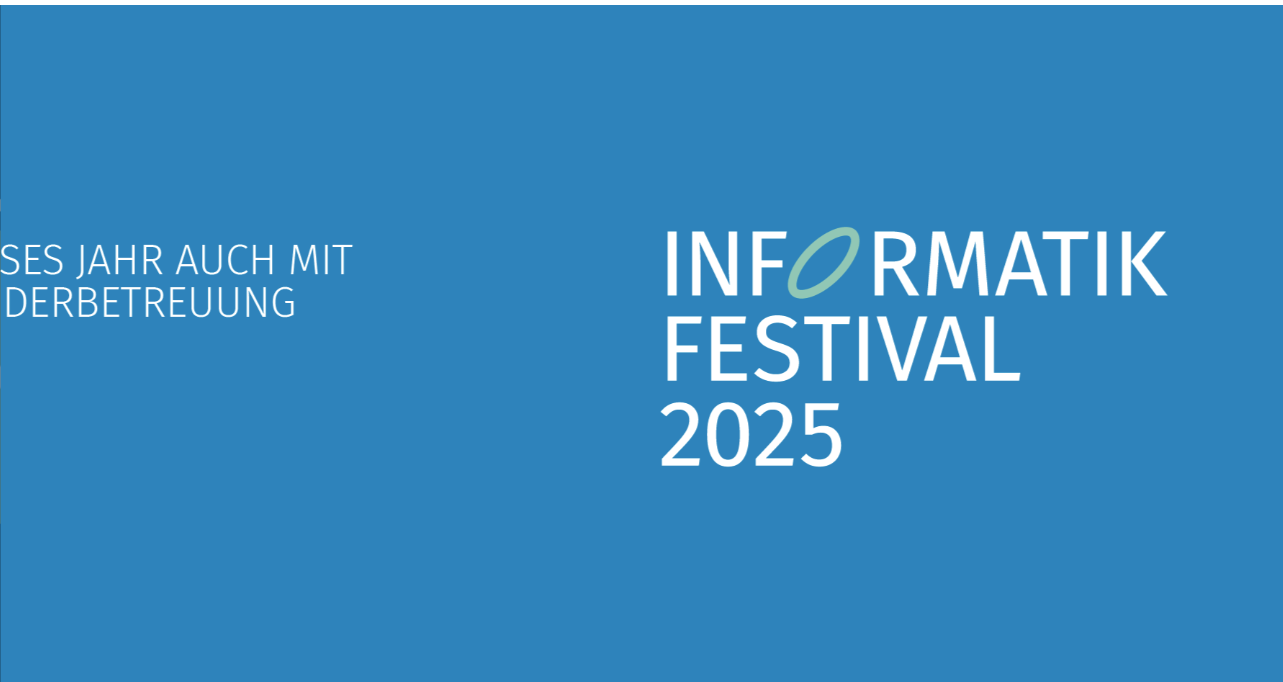
iDEM at Informatik Festival 2025
17/09/2025 Carla Martinez
Technology is transforming society — but who is truly involved in shaping its future impact? And what happens when future users have physical or cognitive limitations, and their perspectives are rarely heard?
These were some of the key questions explored during the German Informatics Society’s Computer Science Festival, at the workshop “AI and Diversity – Promoting Accessibility – Enabling Participation.” The session featured a presentation from the iDEM Project EU, which focuses on creating more inclusive digital technologies through participatory design.
The workshop highlighted that a barrier-free digital world can only succeed if people with disabilities are involved early and effectively in the development process — ensuring that their voices genuinely influence technological outcomes.
The nexus – Institute for Cooperation Management and Interdisciplinary Research contributes its extensive experience in inclusive citizen participation and participatory technology development to the iDEM Project. Together with universities, tech companies, and NGOs, the project is co-developing an app that simplifies texts to make political debates more accessible to people with communication barriers.
At nexus, Work Package 4 (User Participation) is led by Thomas Blanchet and [Author’s Name], focusing on involving users throughout the entire process — from ideation and prototyping to UX testing.
To responsibly include the perspectives of people with cognitive disabilities, older adults, and migrants, the team first developed a comprehensive ethical framework in collaboration with UPF Barcelona. This framework defines how test users, their companions, data, and results are handled with care and in accordance with ethical and legal standards.
Since then, the project has engaged closely with its target groups through focus groups, expert interviews, early user testing, and UX evaluations, while also ensuring compliance with WCAG 2.2 accessibility standards.
In parallel, the team is designing inclusive participation processes in three countries, where pilot projects will be launched in 2026 to test the app in real-world contexts.
Would you like me to make this version sound more journalistic (for a public-facing blog) or more academic (for a research or institutional blog)?
More events







